Project Summary
Countries: Ghana
Delivery Partner: University of Education, Winneba (UEW), Ghana
Project Partners: Hen Mpoano, Centre of Scientific Research and Industrial Research- Water research Institute (CSRI-WRI)
Principal Investigator: Dr Adams Osman, Department of Geography Education, University of Winneba
Contact: aosman@uew.edu.gh
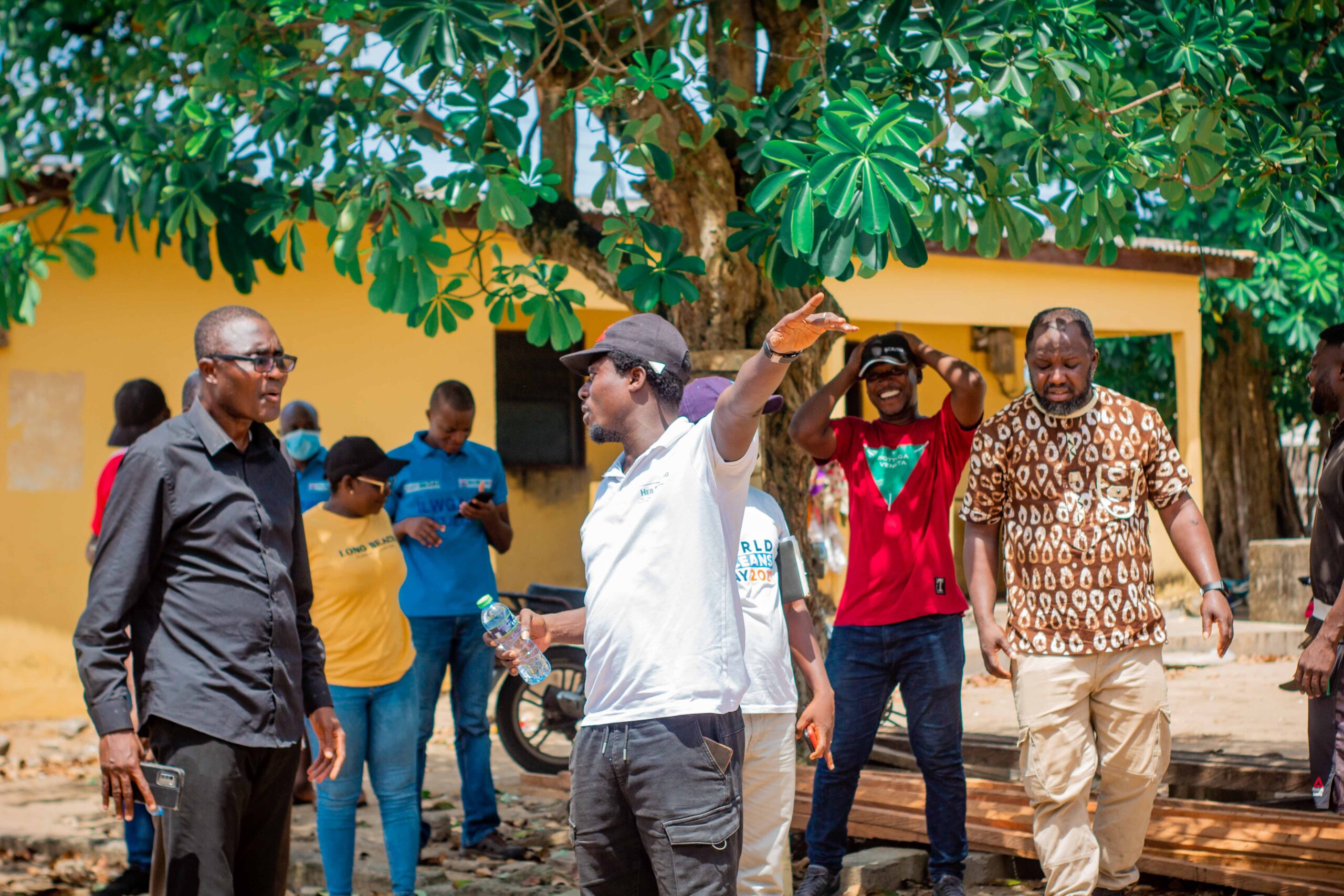
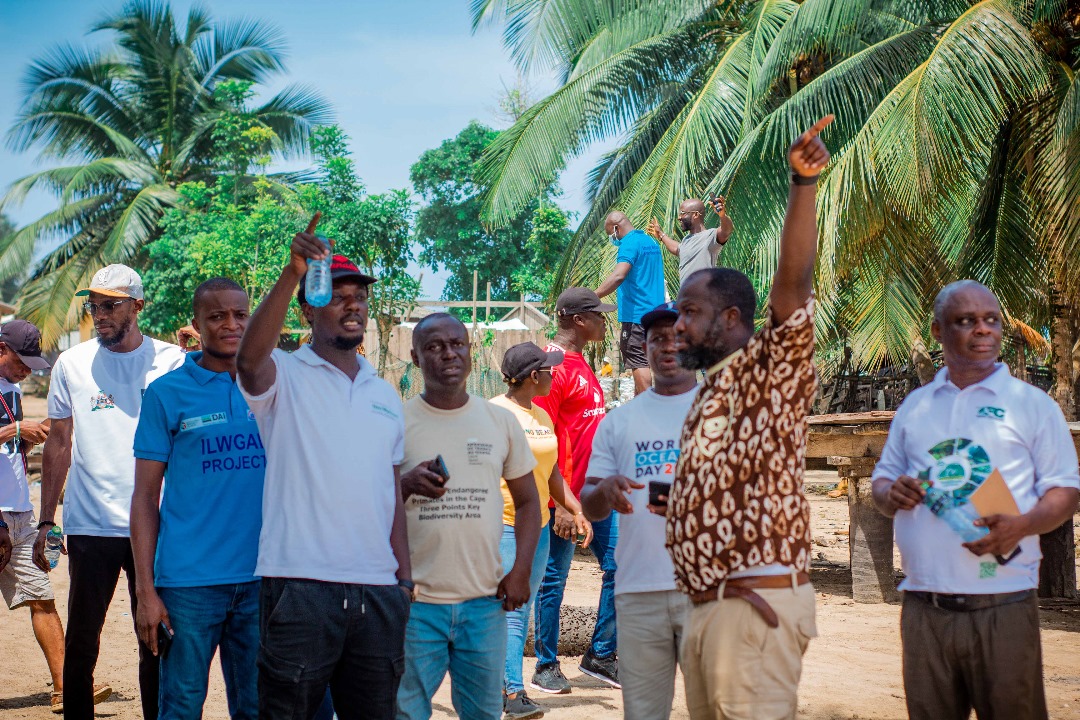
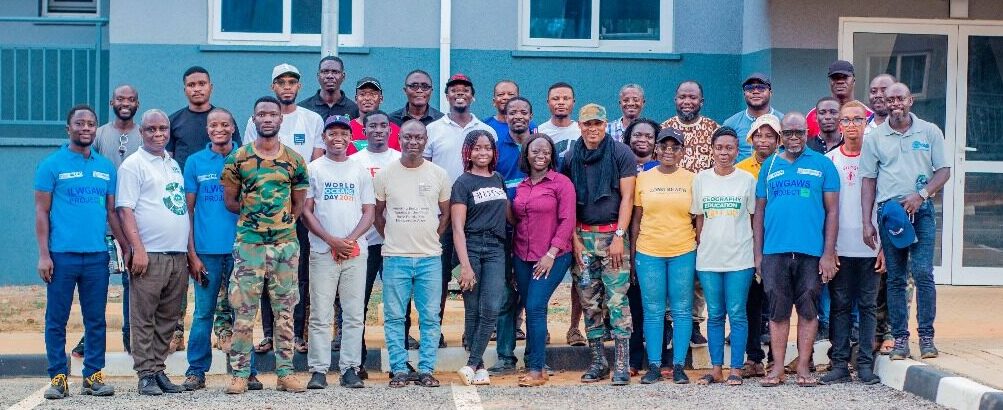
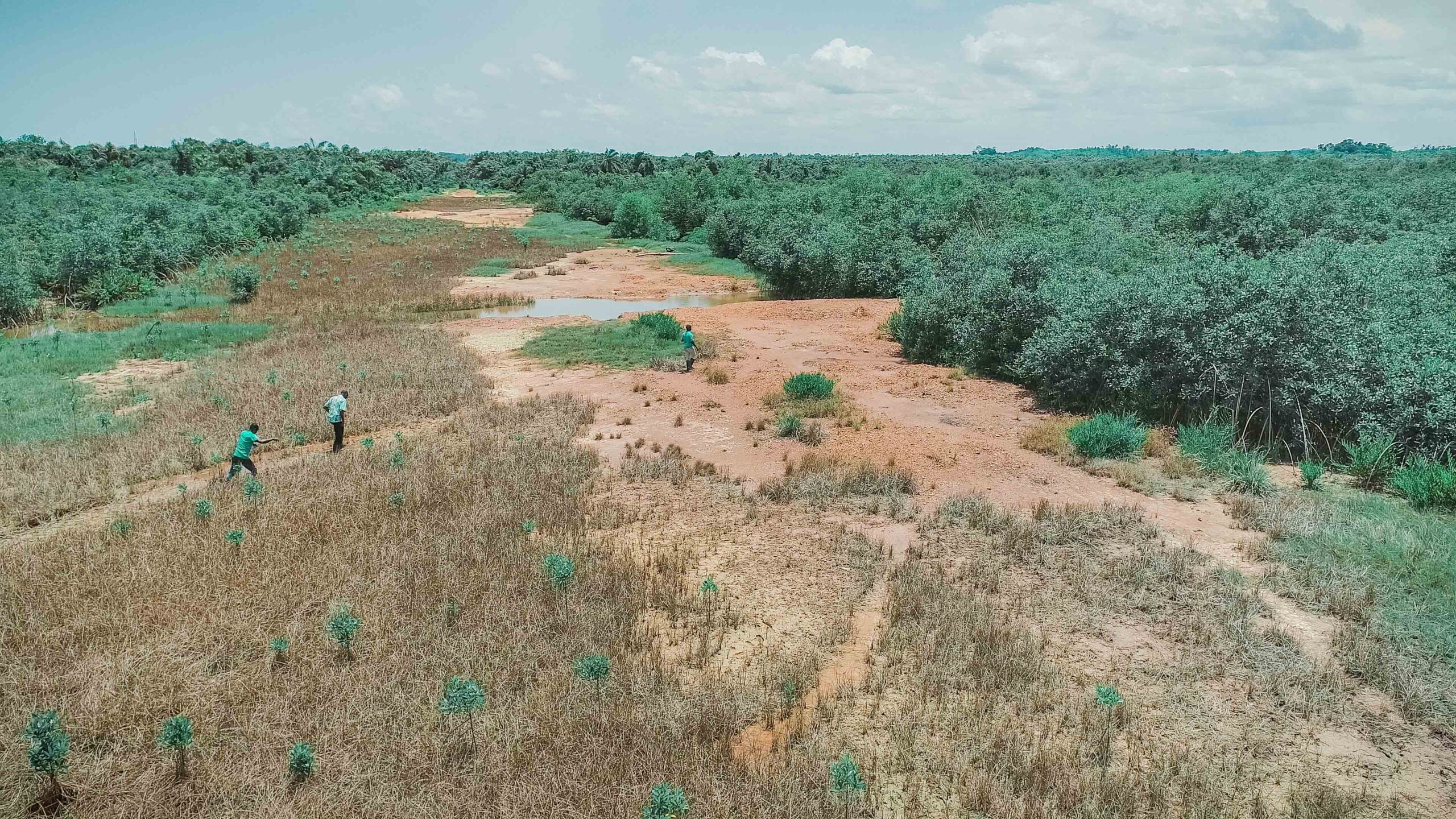
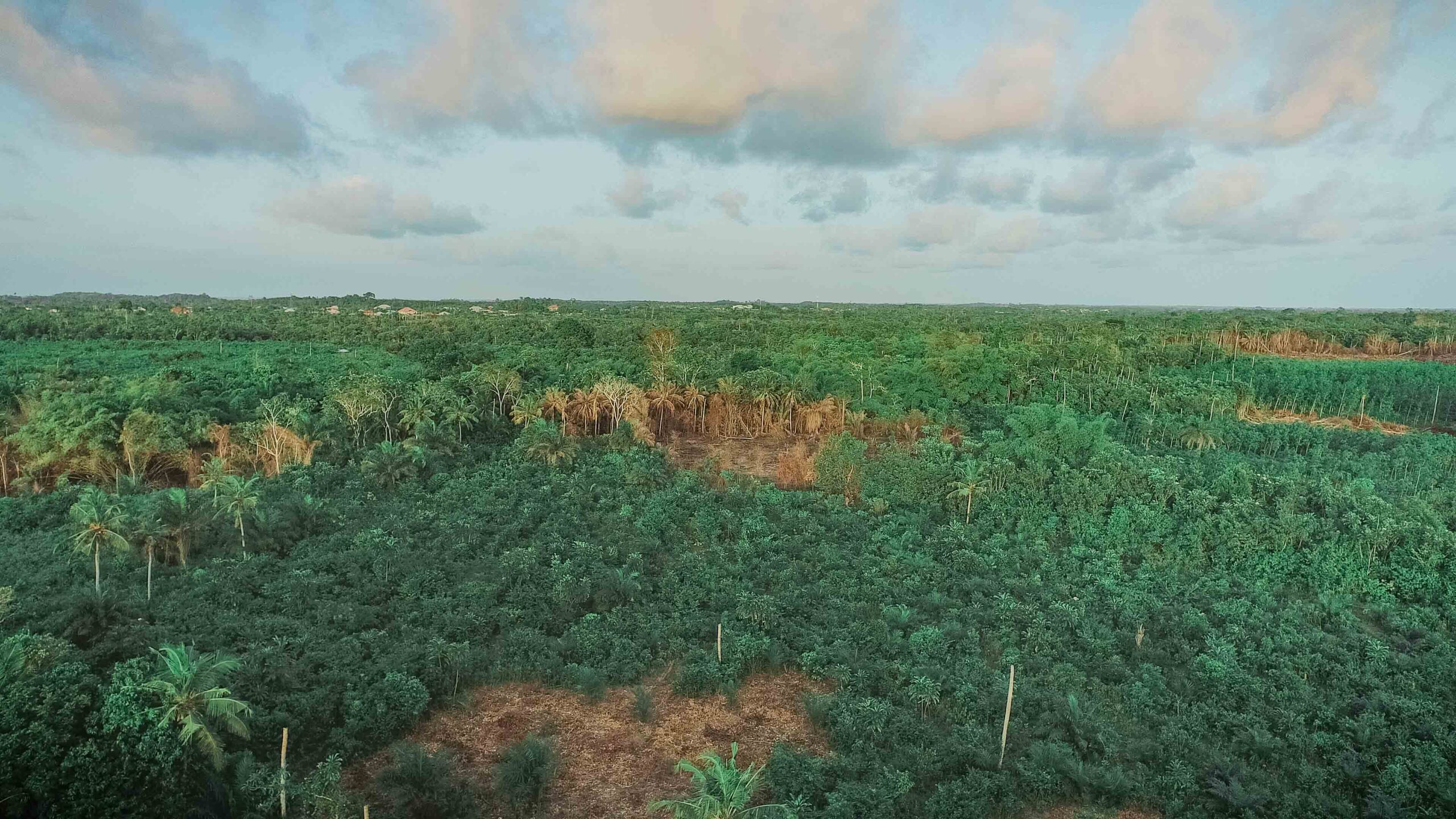
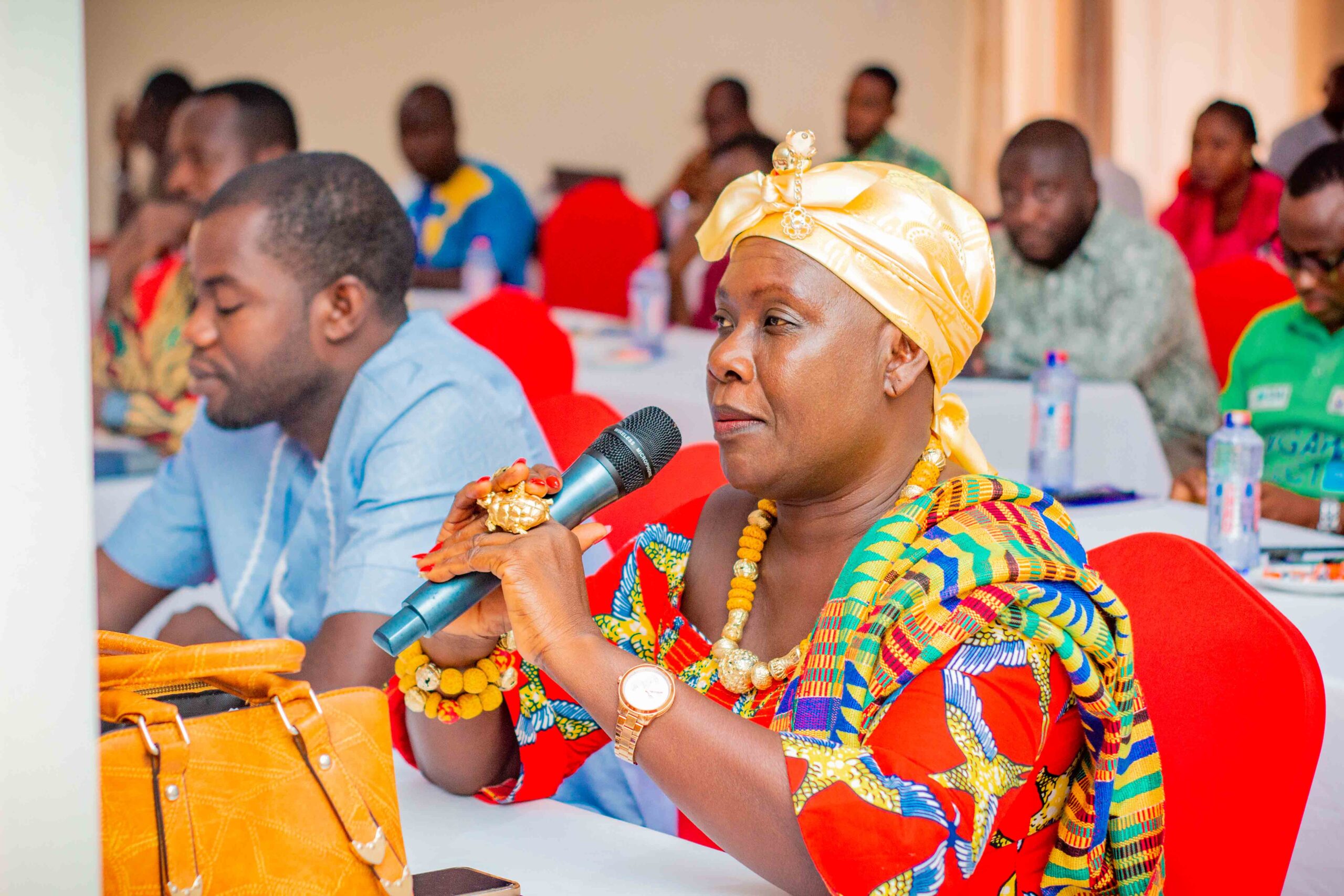
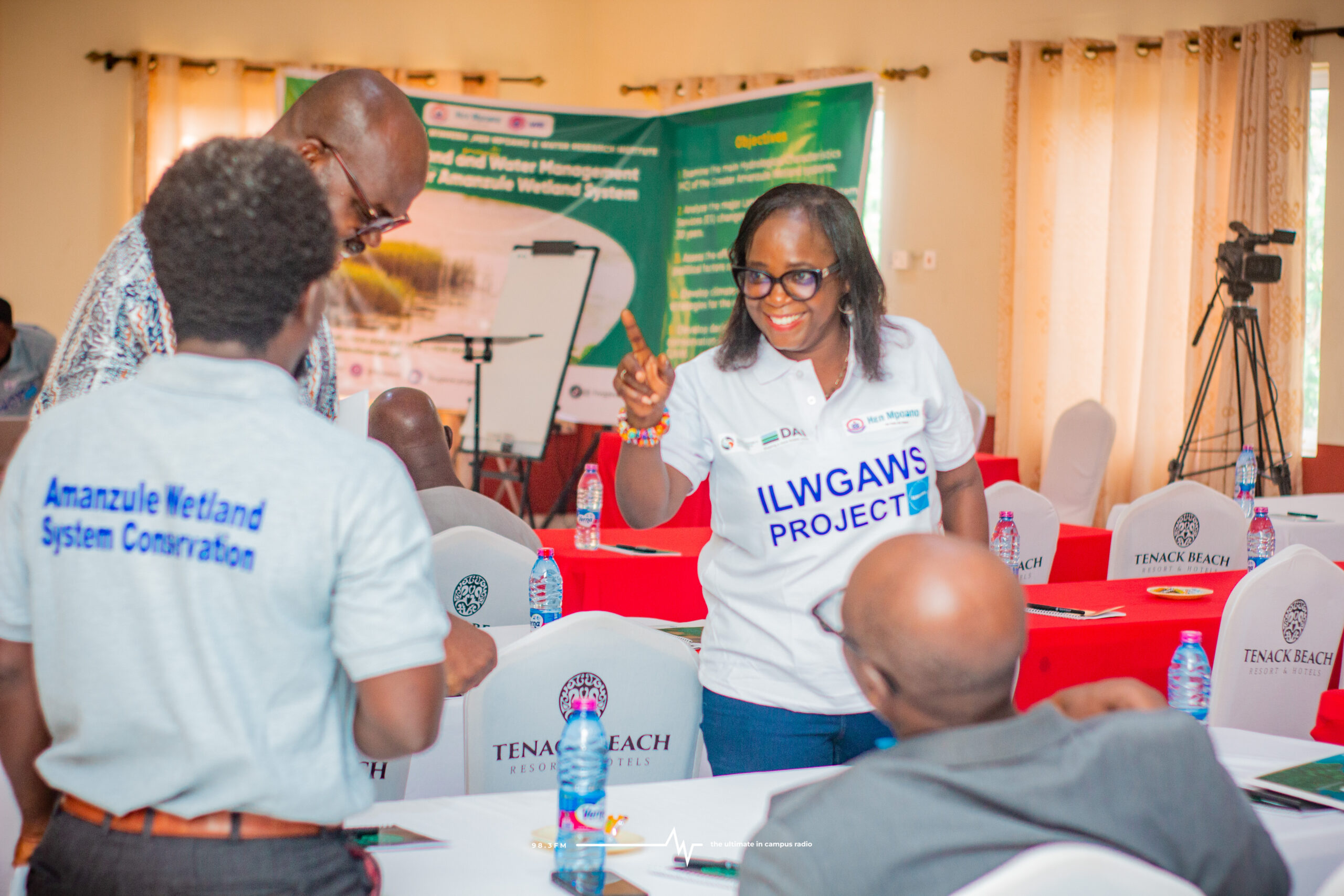
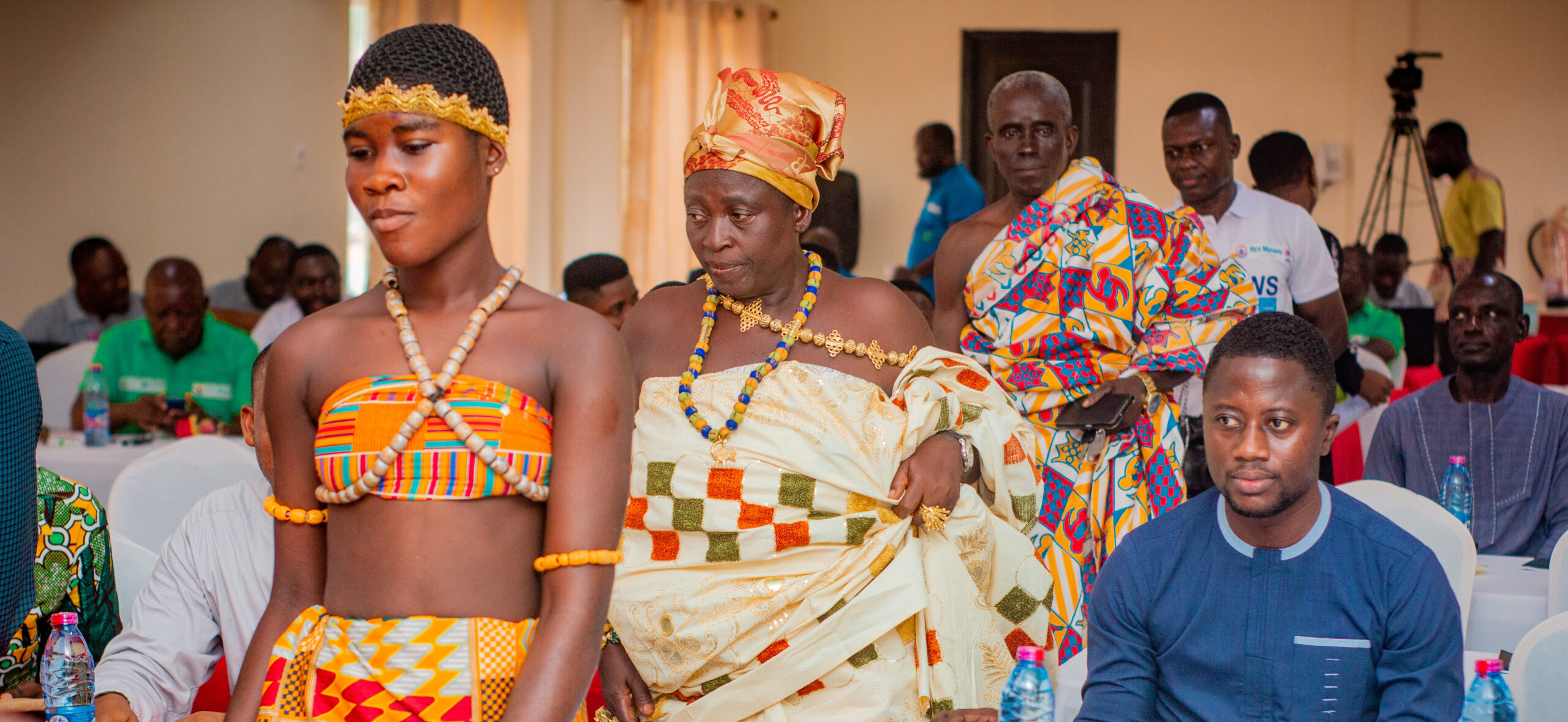
ILWGAWS assesses changes in the hydrological systems of the Greater Amanzule Wetland and their impacts on ecosystem services and livelihoods, while also developing decision-support tools and promoting climate-smart livelihood options for adaptation.
Challenge
The Greater Amanzule Wetland (GAW) is one of the largest and most important wetland systems in Ghana. The dense root system of GAW, comprising mangrove, palm, and mixed swamp, ensures constant recharge of the water table, providing freshwater that sustains over 27 species of mammals, 26 species of reptiles and amphibians, 105 bird species, and more than 200,000 people, both directly and indirectly. Unfortunately, the region faces mounting pressure from artisanal and sand mining, logging, petroleum exploitation, rubber plantations, subsistence farming, and the impacts of climate change. These stressors have led to deterioration of critical ecosystem services with challenges ranging from flooding, sea level rise, heavy metal pollution, crop failures, livelihood struggles and land use conflicts.
Insight
- Using geospatial techniques and local knowledge to explore critical land cover changes in the wetland to inform restoration activities
- Undertake a complete hydrological and climatic analysis of the wetland to understand its sustainability under different future scenarios.
- Assess the current ecosystem services and disservices as a result of increasing pressures of artisanal mining, rubber plantations, urbanisation, petroleum exploitation and the impacts of climate change.
- Develop climate-smart alternative livelihood strategies for the communities within GAW to support adaptation to the various environmental, human and climatic impacts.
- Co-create and design decision support tools and train conservation personnel for effective and efficient wetland management.
Collaboration
ILWGAWS is being implemented by the University of Education, Winneba (UEW), Hen Mpoano (HM), and the Council for Scientific and Industrial Research – Water Research Institute (CSIR-WRI). The initiative also collaborates closely with key stakeholders, including the Ministry, local government, traditional councils, communities, and NGOs.
With the objectives of this project, we hope to provide decision-makers and communities with the tools and capacity to manage and adapt to the growing pressures on the Greater Amanzule Wetland.
Discover More
Dr Adams Osman
Adams Osman (PhD) is a Senior Lecturer and Consultant at the University of Education, Winneba, Ghana, with extensive research and project experience in climate change and coastal conservation.








